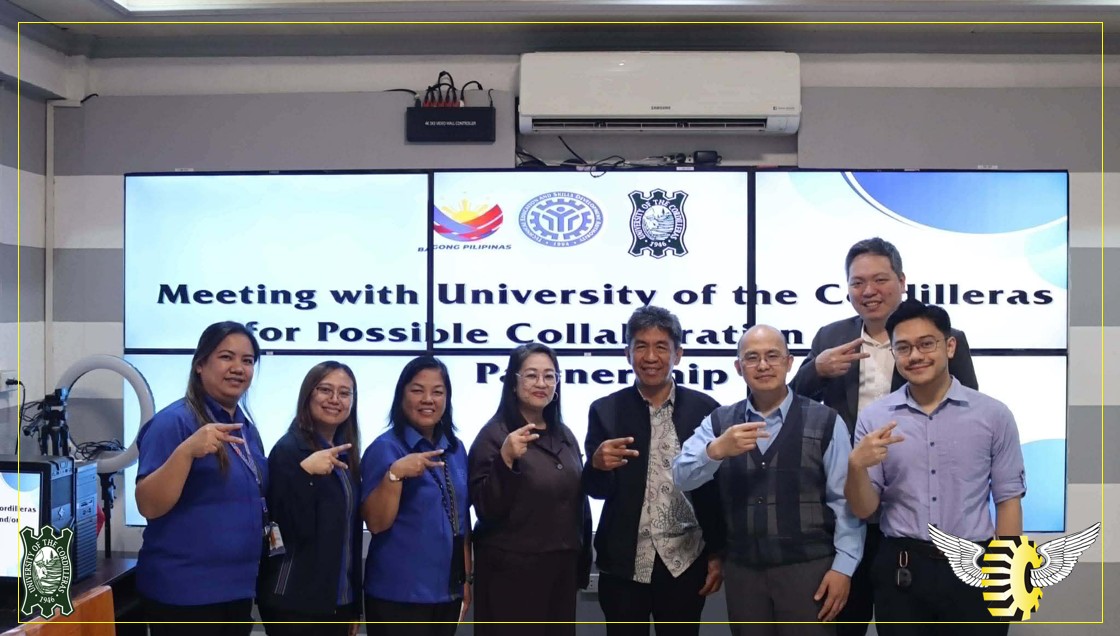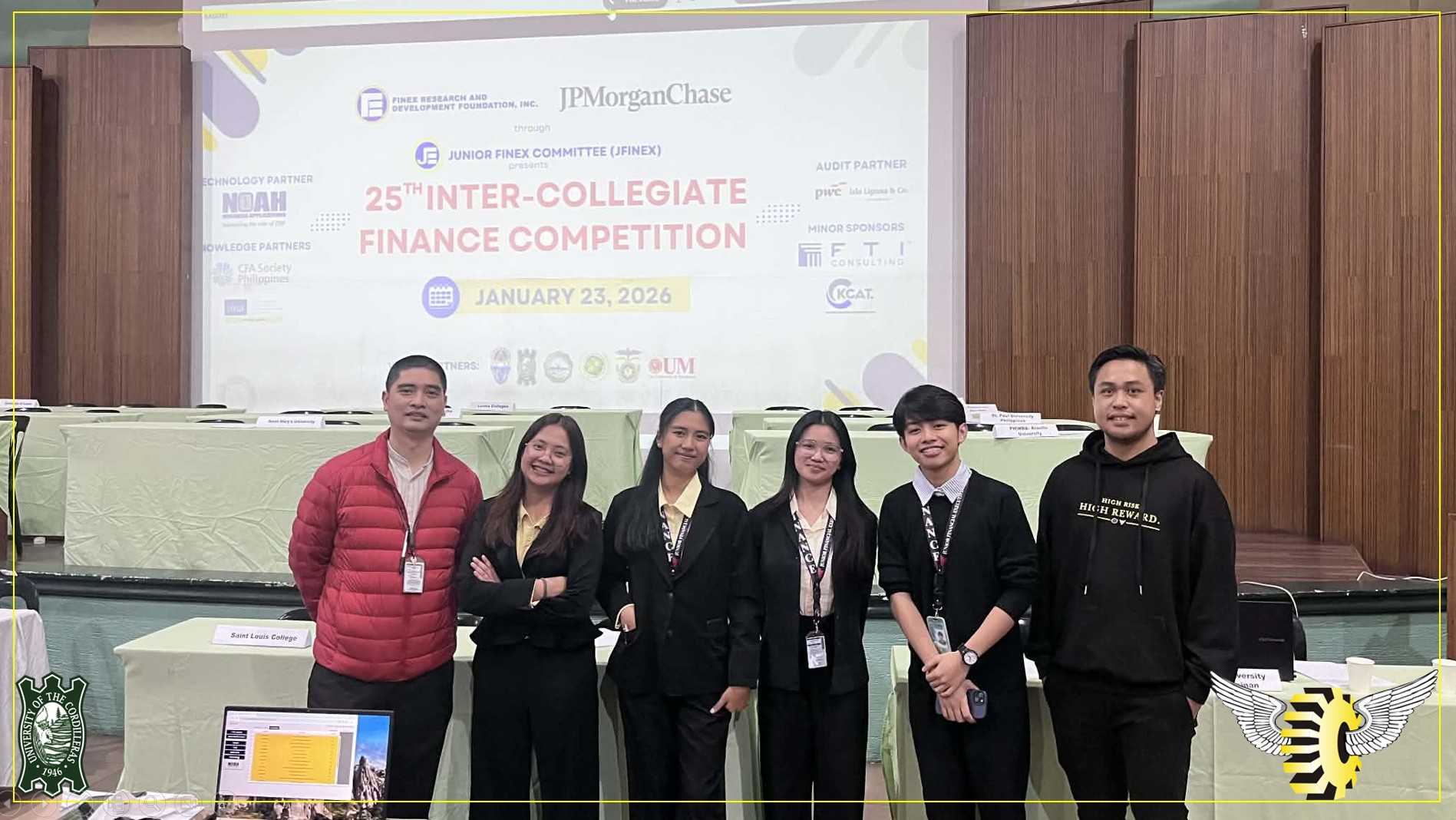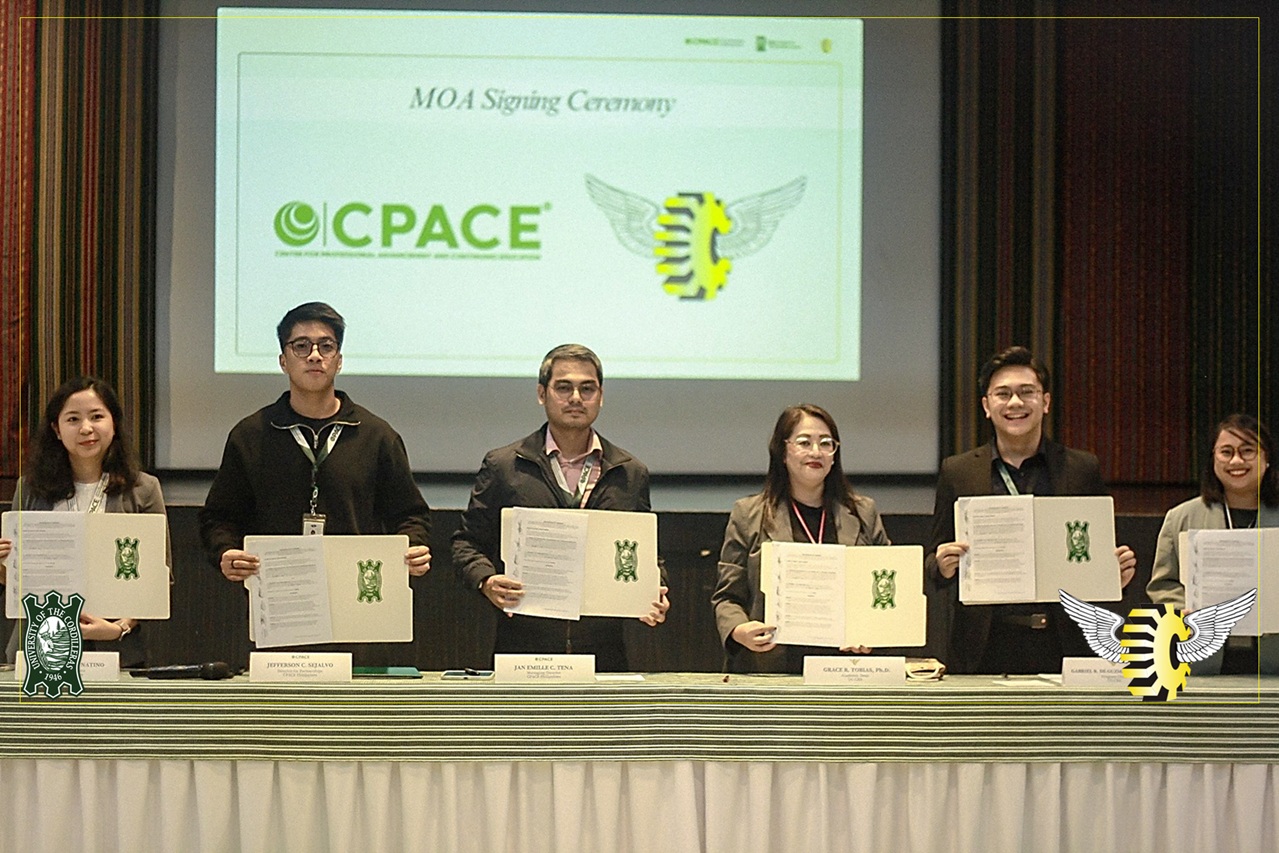Bridging Education, Gender Empowerment, and Inclusive Growth in the Cordillera Region
Baguio City, Philippines – August 2024
by: Gabriel R. De Guzman
In a compelling demonstration of academic excellence and community engagement, thirteen PhD Management students from the University of the Cordilleras (UC) College of Business Administration (CBA) have delivered six strategic business plans to local enterprises across Northern Luzon. This initiative, part of their Business Creation and Strategic Management course, was conducted in collaboration with Project HELEN and the UC CBA Community Extension Office, and reflects UC’s commitment to sustainable development through education, empowerment, and partnership.
SDG-Driven Impact
This project aligns with four key Sustainable Development Goals (SDGs) outlined in the Times Higher Education (THE) Impact Rankings framework:
SDG 4: Quality Education
Indicator 4.4.1 – Increase youth and adults with relevant skills for employment and entrepreneurship The initiative provided PhD students with hands-on experience in strategic planning, enabling them to apply advanced business concepts to real-world challenges. By crafting tailored business plans, students enhanced their entrepreneurial competencies while supporting local enterprises in achieving operational efficiency and market competitiveness.
SDG 5: Gender Equality
Indicator 5.3.3 – Women’s access schemes Indicator 5.6.6 – Women’s mentoring schemes Two of the six beneficiary enterprises—Weaving, Arts, and Craft of Tublay (WACOT) and Farmer’s Daughter—are women-led ventures that preserve indigenous knowledge and promote sustainable livelihoods. The students’ strategic interventions offered mentorship and business development support, empowering women entrepreneurs to scale their impact and strengthen their leadership in the local economy.
SDG 8: Decent Work and Economic Growth
Indicator 8.3.1 – Promote development-oriented policies that support productive activities and entrepreneurship Each business plan was designed to stimulate productivity, improve revenue generation, and foster innovation. The initiative promotes inclusive economic growth by equipping local enterprises with tools to thrive in competitive markets while reinforcing the role of higher education in driving entrepreneurship.
SDG 17: Partnerships for the Goals
Indicator 17.17.1 – Strengthen multi-stakeholder partnerships for sustainable development The collaboration between UC, Project HELEN, and the beneficiary enterprises exemplifies the power of multi-sector partnerships. By aligning academic expertise with community needs, the initiative fosters shared responsibility and collective action toward sustainable development.
Beneficiary Enterprises
- Solid Green Energy Inc., Santa Barbara, Pangasinan
- Weaving, Arts, and Craft of Tublay, Benguet (WACOT)
- Philippine Science High School – Cordillera Campus Multi-Purpose Cooperative (PSHS-CARC MPC), Irisan, Baguio City
- Farmer’s Daughter, Long-Long, Tam-awan Village
- Abratique Business Solutions, Session Road, Baguio City
Each received a customized strategic business plan addressing operational gaps, market positioning, and growth strategies tailored to their unique contexts.
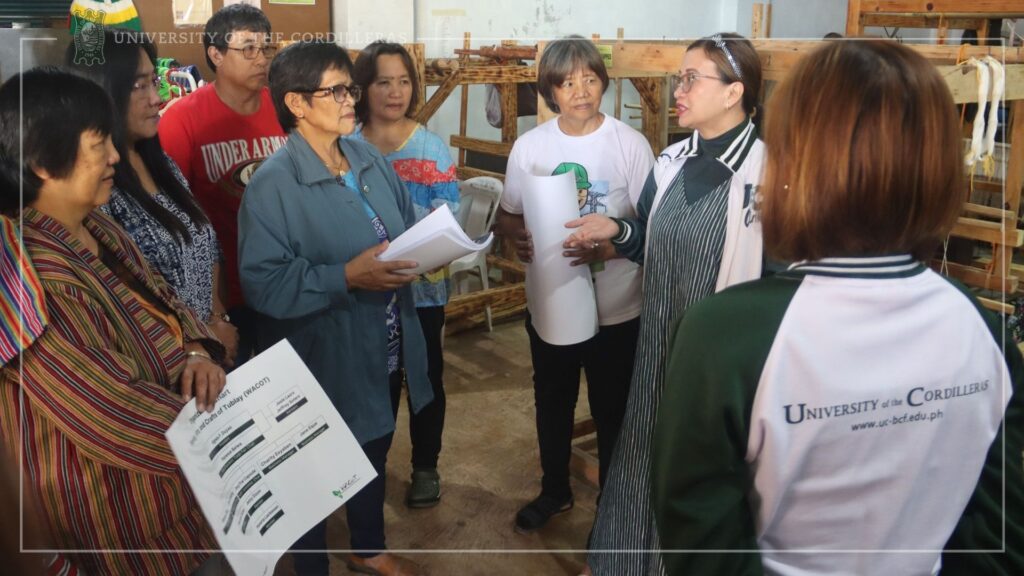
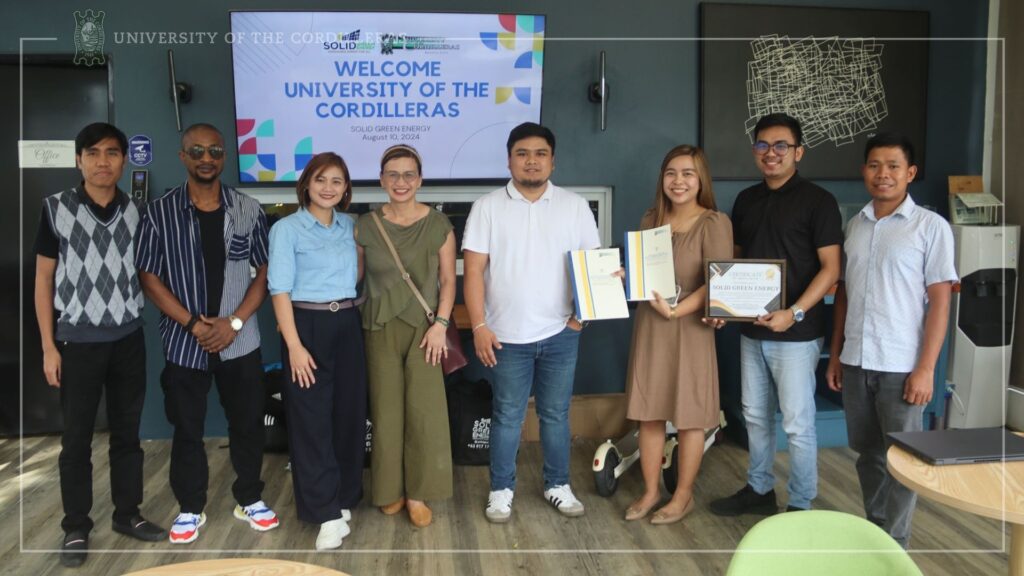
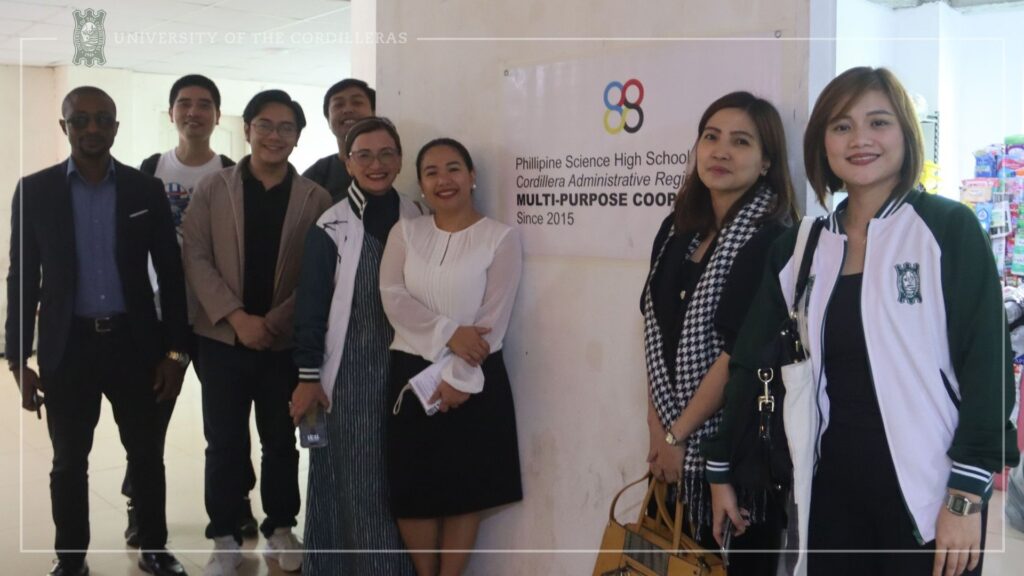
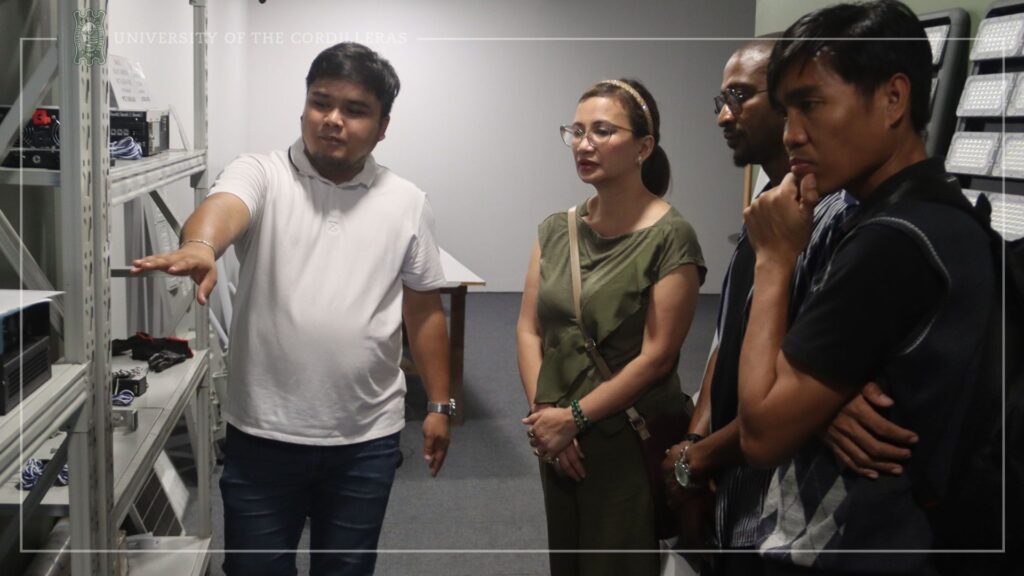
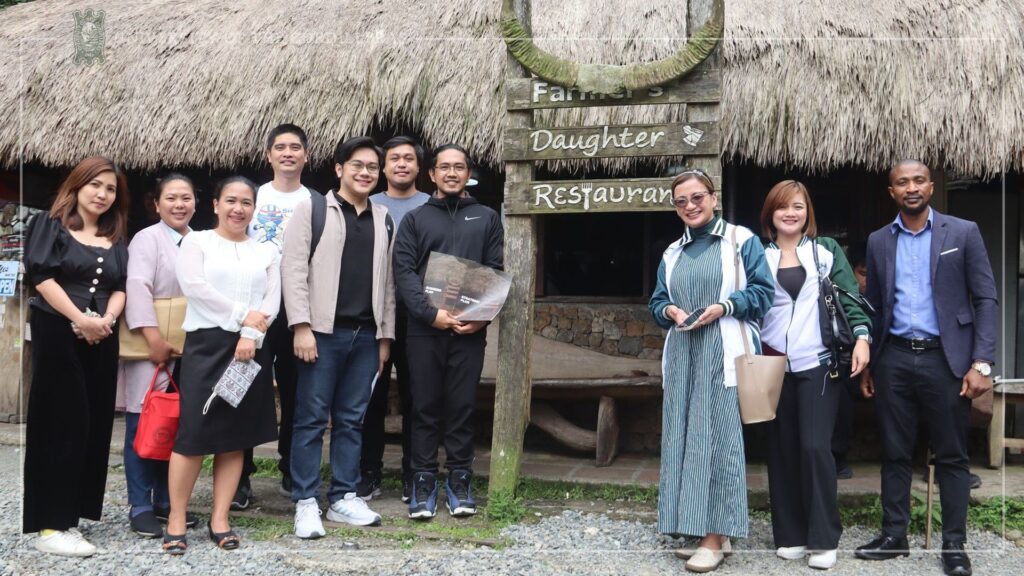
Bridging Theory and Practice
Under the guidance of Dr. Rhodora A. Ngolob, the students conducted field visits, stakeholder consultations, and business diagnostics. Their outputs included market analysis, financial projections, and sustainability frameworks—demonstrating how academic rigor can be translated into actionable solutions for community development.
Voices from the Field
“This initiative helped us see our business from a strategic lens. The students were professional, insightful, and committed to helping us grow,” shared a representative from Farmer’s Daughter, a restaurant known for its indigenous Cordilleran cuisine.
“We felt seen and supported. The plan they gave us is not just a document—it’s a roadmap to sustainability,” said a member of WACOT, a women-led weaving cooperative in Benguet.
A Ripple Effect of Positive Change
As these enterprises begin to implement the recommendations, the anticipated outcomes include:
- Increased revenue and market reach
- Enhanced operational systems
- Strengthened community engagement
- Empowered women leaders and entrepreneurs
UC’s Commitment to Sustainable Development
This initiative reflects UC’s mission to produce globally competitive and socially responsible professionals. By embedding SDG principles into academic practice, the university continues to lead in shaping a future where education, equity, and enterprise converge.
For more information on this initiative and future projects, contact the UC College of Business Administration or visit the official UC website.
Photos by: Gabriel R. De Guzman
Edited by: jpi



